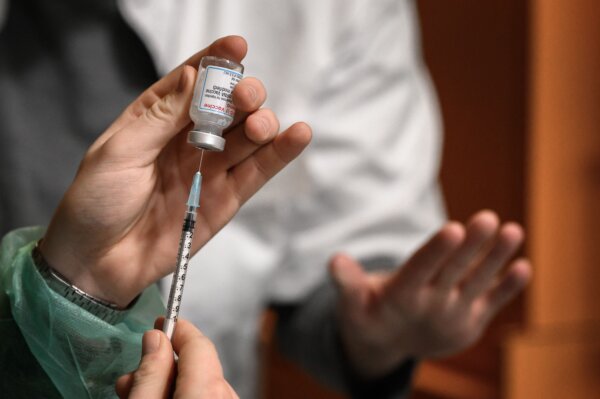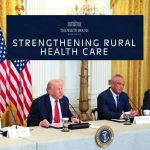![]() People who have received at least one dose of a COVID-19 vaccine were found by researchers to have greater odds of suffering from respiratory illness.
People who have received at least one dose of a COVID-19 vaccine were found by researchers to have greater odds of suffering from respiratory illness.
Among unvaccinated participants, 33 percent suffered from one or more episodes of influenza-like illness. For people who received one or two doses, the percentage was 44. For people who received three doses, it was 45, and for those who received four doses, it was 42.
Researchers also discovered that people who were unvaccinated or had received two or fewer doses were less likely to be absent from work for at least one day.
“We saw that those with more recent SARS-CoV-2 vaccination seemed to have a slightly increased risk for respiratory illness and workday loss,” Dr. Philipp Kohler of Cantonal Hospital St. Gallen’s Division of Infectious Diseases, Infection Prevention and Travel Medicine in Switzerland, told The Epoch Times via email.
SARS-CoV-2 is the virus that causes COVID-19.
The Swiss researchers collected weekly data on symptoms and sick days from November 2023 to May 2024. The people who were studied were all health care workers who were aged at least 16.
After exclusions, the study population numbered 1,745. Of those, 175 were unvaccinated, 68 had received one vaccine dose, 296 had received two doses, 895 had received three doses, and 311 had received four doses. Those with more doses had primarily been vaccinated more recently.
Booster vaccination “did not contribute to a measurable protection of the [health care] workforce studied and may even temporarily increase the likelihood of symptomatic infection and workday loss,” the researchers said in the paper. “However, further research confirming our results and investigating the purported immunological mechanisms behind this phenomenon are needed.”
Kohler told The Epoch Times that “there is urgent need for a randomized controlled trial in healthy individuals, where one group is given the vaccine and one group is not.” He said, “Random allocation of the vaccine reduces the risk for selection bias, which could be an issue with our retrospective study design.”
Researchers in Switzerland are considering running such a trial. Other limitations of the paper included the population being largely healthy and female. The authors reported no conflicts of interest.
Dr. Harvey Risch, professor emeritus of epidemiology at the Yale School of Public Health, and some other experts have said the findings reflect immune imprinting or original antigenic sin. That refers to the immune system being locked into producing antibodies for an earlier strain rather than a newer strain.
“The FDA can only approve products if it concludes, based on scientific evidence, the benefit-to-harm balance is favorable. And we simply need more data to have that confidence for younger individuals at low-risk of severe disease,” Dr. Vinay Prasad, the FDA’s top vaccine official, said at the time.
While most of the reactions were mild, it’s important to look at the burden the reactions place on recipients, the authors said.
“Our study confirms that adverse reactions after COVID-19 vaccination can lead to a substantial amount of missed work shifts that can cause organizational-level disturbances in staffing,” they said.
One author reported funding from the Olinder-Nielsen Family Foundation. Limitations included the population being primarily female.











